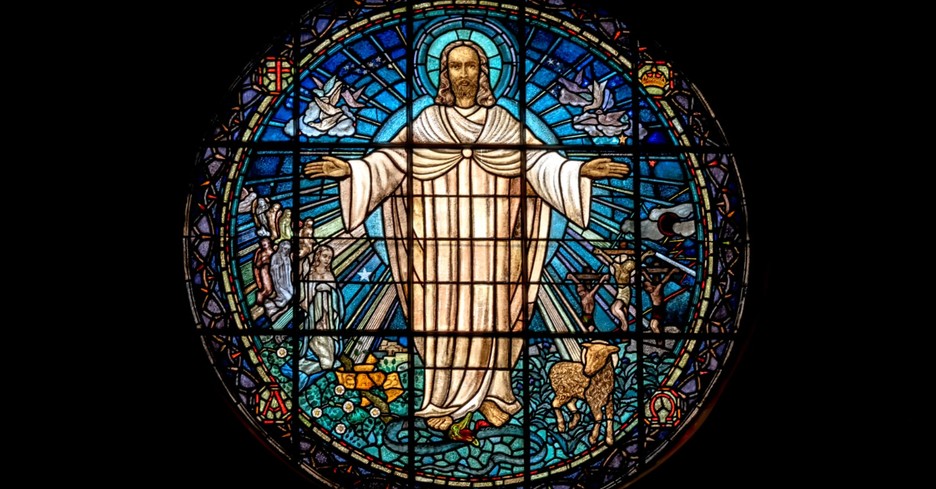
This timeline covers key events in 1st-century Christian history, including the life of Jesus, the spread of Christianity, important writings, and early Christian communities.
1st Century Christian History
c. 4 BC - 6 BC: Birth of Jesus
- According to tradition, Jesus of Nazareth was born in Bethlehem.
c. 27-30 AD: Ministry of Jesus
- Jesus begins his public ministry, teaching and performing miracles.
c. 30-33 AD: Crucifixion and Resurrection
- Jesus was crucified in Jerusalem and is believed by Christians to have risen from the dead.
c. 30-40 AD: Early Christian Community
- The followers of Jesus formed the early Christian community in Jerusalem and other regions.
c. 33-36 AD: Conversion of Paul
- Saul of Tarsus, later known as the Apostle Paul, has a conversion experience on the road to Damascus.
c. 44-49 AD: Council of Jerusalem
- The Jerusalem Council addresses issues of Jewish law and Gentile inclusion in the Christian community.
c. 50-60 AD: Writing of Pauline Epistles
- Paul writes his letters (epistles) to various Christian communities.
c. 50-70 AD: Composition of Synoptic Gospels
- The Gospel of Mark is believed to be the earliest, followed by Matthew and Luke.
c. 64-68 AD: Persecution under Nero
- Christians were persecuted in Rome, and Peter and Paul were traditionally martyred during this period.
c. 70 AD: Destruction of the Second Temple
- The Romans destroyed the Second Temple in Jerusalem, a significant event in Jewish and Christian history.
c. 80-90 AD: Writing of the Gospel of John
- The Gospel of John is written, offering a distinct theological perspective.
c. 85-90 AD: Writings of the Johannine Epistles
- The three epistles of John are believed to be written during this period.
c. 90-100 AD: Writing of the Book of Revelation
- The Book of Revelation, attributed to John, is composed, containing apocalyptic visions.
c. 100 AD: Death of John the Apostle
- The last of the original apostles, John, is traditionally believed to have died.
More on 1st Century Christian Significance
The words and sayings of Jesus are collected and preserved. New Testament writings are completed.
• A new generation of leaders succeeds the apostles. Nevertheless, the expectation still runs high that the Lord may return anytime. The end must be close.
• The Gospel was taken through a great portion of the known world of the Roman empire and even to regions beyond.
• New churches at first usually begin in Jewish synagogues around the empire, and Christianity is seen at first as a part of Judaism.
• The Church faces a major crisis in understanding itself as a universal faith and how it relates to its Jewish roots.
• Christianity begins to emerge from its Jewish womb. A key transition occurred during the Jewish Revolt against Roman authority. In 70 AD, Christians did not take part in the revolt and relocated to Pella in Jordan.
• The Jews at Jamnia in 90 AD confirm the canon of the Hebrew Scriptures. The same books are recognized as authoritative by Christians.
• Persecutions test the church. Jewish historian Josephus seems surprised that they still exist in his Antiquities in the latter part of the first century.
• Key persecutions include Nero at Rome, who blames Christians for a devastating fire that ravages the city in 64 AD. He uses Christians as human torches to illumine his gardens.
• Emperor Domitian demands to be worshiped as "Lord and God." During his reign, the book of Revelation is written, and believers cannot miss the reference when it proclaims Christ as the one worthy of our worship.








